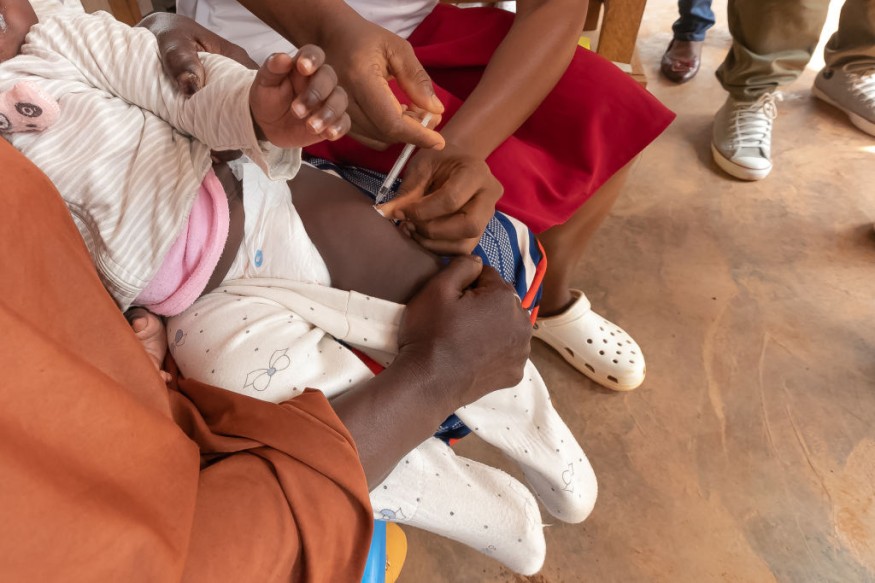The world's first malaria vaccine, approved by the World Health Organization (WHO), is currently underway in Cameroon, the first country in Africa to receive the vaccine against the mosquito-borne parasitic disease. After decades of development, the vaccine program could be a game-changer not only in Cameroon but also across the African continent, where most deaths are associated with malaria.
The WHO recommended the distribution and use of the malaria vaccine, officially called RTS,S. The rollout of the vaccine in Cameroon aims to decrease the risk of malaria in children, including the frequency of infection and severity of the parasitic disease. The malaria vaccine may not prevent an infection but it reduces the chance of a child suffering from serious malaria symptoms and death.
World's First Malaria Vaccine

The rollout of the world's first malaria vaccine has been officially initiated in Cameroon, according to the WHO African Region earlier this week in its post on X, previously called Twitter. Cameroon's malaria vaccine program saw parents bringing their children to vaccination sites, with "Baby Daniella" being the first child to be administered RTS,S with four doses.
It's official!
— WHO African Region (@WHOAFRO) January 22, 2024
Cameroon🇨🇲 has now introduced the RTS,S malaria vaccine into its expanded vaccination programme, following a 4-dose schedule.
Baby Daniella is the first baby to be vaccinated!#VaccinesWork pic.twitter.com/GIYhS8lpBw
Malaria is a life-threatening disease and can be acquired by humans through mosquito bites, particularly from a female Anopheles mosquito. According to the Centers for Disease Control and Prevention (CDC), only infected Anopheles mosquitoes can transmit malaria. The said disease is caused by parasites, including Plasmodium falciparum, the deadliest malaria parasite known globally.
Malaria Symptoms
Malaria, as mentioned earlier, is a life-threatening disease which means that it is sometimes severe and even fatal for the infected person. According to the CDC, people infected with the parasitic disease typically get very sick, with the most common malaria symptoms such as high fever, shaking chill, and flu-like illness. Diarrhea, nausea, and vomiting may also occur once infected, the US health agency adds.
Aside from P. falciparum, which is one of the four kinds of malaria parasites that infect humans, the CDC says that other similar pathogens such as Plasmodium vivax, Plasmodium ovale, and Plasmodium malariae cause the mosquito-borne disease. Among all these parasites, P. falciparum is the most likely to cause severe malaria conditions. It is also the main target of the RTS,S malaria vaccine.
Malaria Cases
Malaria cases often occur along the Earth's tropics, which are regions surrounding the Equator. This geographical zone is generally characterized by having a warm climate. Having either hot or humid environments, the tropics are ideal habitats for mosquitoes to grow, multiply, and survive. With this, Africa is the most affected region when it comes to malaria transmissions and related deaths.
According to the WHO as of December 2023, there was an estimated 249 malaria cases worldwide with 608,000 malaria deaths in 85 countries. In 2022, Africa recorded 94% of malaria cases equivalent to 233 million infections and 95% of malaria deaths or 580,000 people. Children under the age of 5 accounted for most malaria deaths in the continent.
Related Article: Cone Snail Venom Might Hold the Cure for Malaria, Study Shows
© 2025 NatureWorldNews.com All rights reserved. Do not reproduce without permission.





